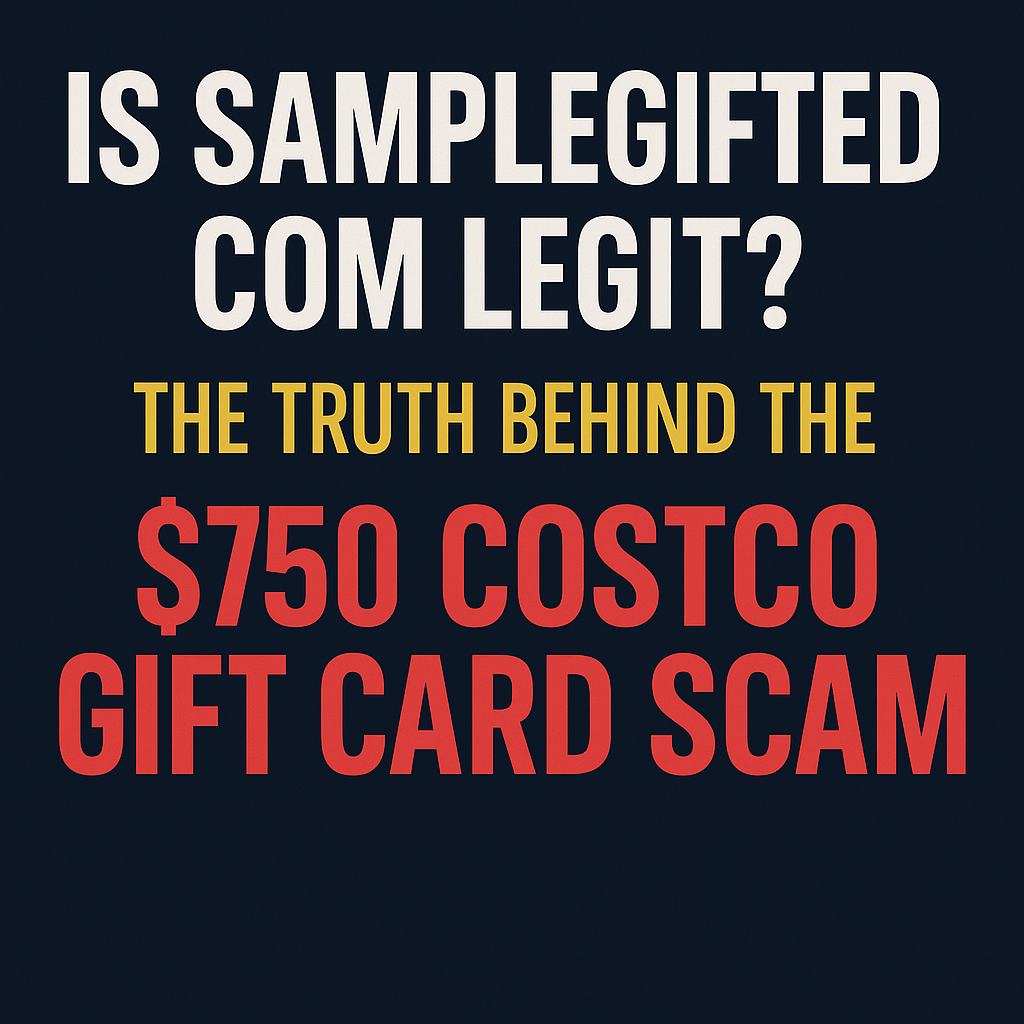No, XMegle is not a legitimate platform—it exhibits multiple red flags, including poor transparency, security gaps, and alarming user reviews.
In this article, we dissect XMegle’s operations, user experiences, and safety concerns to help you avoid potential scams and choose safer alternatives.
Understanding XMegle’s Core Functionality
XMegle markets itself as a global video chat service designed to connect strangers through random HD video calls. Unlike established platforms like Omegle, however, it lacks clear guidelines for user safety or content moderation.
The platform’s interface resembles mainstream video chat tools, but its minimalistic design often masks critical flaws.
Users report frequent exposure to explicit content, unverified profiles, and abrupt disconnections during calls.
Despite claims of fostering global connections, XMegle does not offer language filters, age verification, or regional matching options.
This oversight creates a chaotic environment where minors and adults alike face risks of harassment or exploitation.

Promised Features vs. Reality: A Critical Analysis
HD Video Quality: Does XMegle Deliver?
XMegle emphasizes high-definition video calls, but user experiences contradict this promise. Many report pixelated visuals, lagging streams, and dropped calls.
The absence of technical details—such as bandwidth management or device compatibility—suggests the platform prioritizes marketing over functionality.
Global Reach Without Safeguards
While connecting users worldwide sounds appealing, XMegle’s lack of cultural or regional filters leads to mismatched interactions.
For instance, a user seeking casual conversation might encounter someone violating community guidelines, with no reporting tools to address misconduct.
Security Claims and Missing Protocols
XMegle vaguely mentions secure communication but fails to specify encryption standards (e.g., TLS/SSL) or data protection practices.
Legitimate platforms like Zoom or Skype openly detail their security frameworks, but XMegle’s silence implies negligence.
The Illusion of User Interaction
The platform’s “interactive environment” lacks moderation bots, content flags, or identity checks.
Unlike CooMeet, which uses photo verification, XMegle allows anonymous users, increasing risks of fraudulent activity or scams.
Why XMegle Fails the Legitimacy Test
Hidden Ownership and Operational Secrecy
Legitimate companies disclose their business registration details, headquarters, and leadership team. XMegle’s website omits this information, making it impossible to verify its legal status.
This secrecy is a hallmark of fraudulent operations aiming to evade accountability.
Incomplete Privacy Policy and Data Risks
XMegle’s privacy policy—if present—is buried or overly generic. It does not clarify how user data (e.g., IP addresses, chat logs) is stored, shared, or protected.
Such ambiguity violates norms set by regulations like the GDPR or CCPA, which mandate transparent data handling.
Zero Accountability in Customer Support
A legitimate platform offers email, live chat, or phone support. XMegle provides no direct contact options, leaving users stranded with technical glitches or safety issues. This absence of support channels amplifies distrust.
User Reviews: A Pattern of Distrust
Trustpilot’s Scathing 0/5 Rating
On Trustpilot, XMegle is flooded with complaints about fake profiles, nudity, and phishing attempts. One user noted, “I was bombarded with bots promoting adult sites within seconds.” The sheer volume of negative reviews suggests systemic issues.
Scamadviser’s Contradictory 4/5 Score
Scamadviser’s algorithm rates XMegle 4/5 based on domain age and server location, but this score is misleading. The platform’s lack of user reviews on Scamadviser contrasts sharply with Trustpilot’s backlash, hinting at manipulated metrics.
Social Media Sentiment and Viral Warnings
Reddit and Twitter threads describe XMegle as a “breeding ground for predators.” Users warn against sharing personal details, citing instances of blackmail attempts and malware links sent via chat.
Critical Red Flags Every User Should Recognize
Opaque Business Practices
Legitimate platforms like Chatroulette publish annual transparency reports. XMegle’s refusal to share server locations, data partners, or moderation policies signals potential malpractice.
Inconsistent Security Measures
Without end-to-end encryption or two-factor authentication, XMegle cannot guarantee user safety. Hackers could exploit vulnerabilities to access cameras or steal identities.
Absence of Age Verification Tools
Unlike platforms like Kik, which restrict underage users, XMegle allows unrestricted access. This negligence exposes minors to graphic content or grooming.
Final Verdict: Avoid XMegle for Secure Communication
XMegle’s lack of transparency, security flaws, and predatory user base make it a risky choice. Opt for platforms with proven moderation, encryption, and accountability.
Your data and safety are worth prioritizing over questionable free services.
Check Similar Platform Review: Is SampleGifted.com Legit?
Frequently asked Questions
What makes XMegle different from Omegle?
XMegle lacks Omegle’s basic moderation tools and transparency, increasing risks of scams and explicit content.
Can XMegle access my device’s camera without permission?
While no evidence confirms this, XMegle’s weak security could expose devices to malware or unauthorized access.
Does XMegle store video call recordings?
The platform’s unclear privacy policy leaves this unknown, unlike Zoom, which explicitly states recording rules.
Are there age restrictions on XMegle?
No. XMegle does not verify ages, exposing minors to unsafe interactions.
How do I report a scammer on XMegle?
The platform offers no reporting feature. Screenshot evidence and contact local cybercrime authorities instead.
Is XMegle free to use indefinitely?
Yes, but hidden fees or data-selling practices might offset “free” access.
Does XMegle work on mobile devices?
Yes, but mobile users face higher risks due to weaker malware protection on phones.
Can I use a VPN with XMegle?
A VPN hides your IP but won’t protect against XMegle’s security flaws or explicit content.
Has XMegle faced legal actions?
No public records exist, likely due to its anonymous ownership and operational secrecy.

